B2B online commerce enablers benefit from e-commerce gold rush
In a gold rush sell shovels.
E-commerce enablers found themselves in a prime spot to ride the second wave of COVID-19 as order values and number of orders shot up considerably in April and May 2021. Last year, during the first lockdown there were restrictions on non-essential categories, which eventually led to decline in sales for non-essential goods.
Similarly, there was a 15-20% dip in the non-essential orders for Maharashtra in the first few days of the second lockdown, according to Amit Monga, Co-Founder of ANS Commerce – a full stack e-commerce enabler.
“However, B2B order processing is witnessing an increase. If we compare, in a similar time period, last year’s order volume had increased by 4x between Q1 (start of the lockdown) and Q2. We are expecting a similar trend this time as well,” he added.
Shailaz Nag, Co-Founder and CEO, Dotpe, observed, “Amongst the F&B businesses, we have seen a 2x growth in remote ordering and 3.5x times growth in Maharashtra alone during the lockdown. For other businesses in Maharashtra, we have seen 2x growth in orders during the lockdown months. Dotpe is an enabler of online-to-offline commerce for merchants in rural pockets of India. It has an app called Digital Showroom that helps businesses open a digital storefront in under 15 seconds.”
On April 30, only 1.93% of Indians were fully vaccinated. To achieve herd immunity, India would have to vaccinate at least 70% of its population. Furthermore, herd immunity is only a theory to contain the spread of COVID-19 virus. Scientists are discovering new strains of the virus and it is unclear whether we will be immune to the effects of these strains even if we are vaccinated.
Thus, we may rely on e-commerce services for a long time yet and investors are aware of this. Recently, B2B commerce platform Moglix joined the Unicorn club after funding round of $120 billion from the likes of Tiger Global and Sequoia Capital, among others. In the past, Tiger Global bet big on Flipkart and got a $3.3 billion exit after the company was acquired by Walmart. Moglix operates in the industrial, maintenance, operations and repair procurement space.
Another B2B e-commerce start-up, Bizongo, raised $51 million in funding. Bizongo operates in the made-to-order goods space. Online fashion retailer FabAlley raised Rs 25.5 crore in funding from existing investors. Hyperlocal e-commerce start-up, Dealshare, raised Rs 70 crore in funding.
It’s not just e-commerce companies, but digital start-ups too have had a great funding year. Last year, when the pandemic struck, investor monies dried up and only obvious players such as food delivery, edtech, and payments platforms (excluding Jio Platforms) got funding.
This year, investors are a lot more confident that online commerce and businesses are here to stay for a considerably longer term and will have a permanent impact on consumer buying behaviour.
Monga observes, “Clients are investing more in e-commerce across the value chain (marketing, warehousing, etc.). Demand for multi-city warehousing has surged as brands don’t want to rely on one location for their operations and fulfillment. The end consumers are shopping online more, there is a rapid increase in essential categories and growing inbound interest across the client spectrum. We are also seeing some interest from international clients.”
He added, “We are seeing a 3x increase in traffic and revenue, which is now growing at a 20% m-o-m basis. We have even onboarded 50+ partner brands post-COVID and our total active brand partners have crossed 100.”
Nag resonated, “Merchants are definitely more willing to invest in expanding their e-commerce operations. We have seen merchants from even Tier 3 cities investing and upgrading to digital showroom’s premium offerings. On the other hand, our F&B partners are also seeking to invest in improving their tech capabilities to drive direct sales in every way possible.”
He further said, “We’ve seen a 3x jump in the user base of our product for F&B players and we have seen a 2x jump in customer traction on branded stores.”
Earlier, the Maharashtra government mandated that only essential goods would be delivered to the customers’ doorstep, thus limiting the online commerce boom to categories like Food, FMCG, Beauty and Personal Care. But some e-commerce players started delivering non-essentials as well, catering to consumer demand and amidst lack of clarity from the government. Mobile handsets and home appliances purchases have switched in a big way to online storefronts and offline retailers cannot compete since they have to be mindful of lockdown rules.
“The B2B segment is picking up more than ever as brands are now constantly looking to digitise their distributor network,” remarked Monga.
“The client base has diversified and expanded a lot over the last few months. Businesses of every size now see the need to go digital. As a result, the businesses we are onboarding vary from general stores and construction businesses to bigger brands looking to expand their e-commerce operations,” concluded Nag.


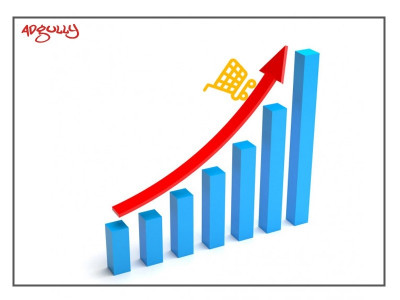
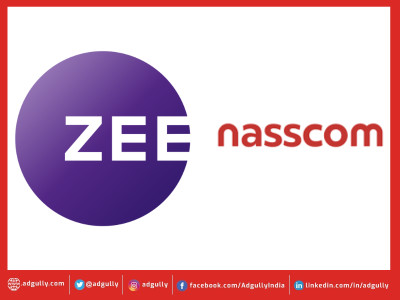
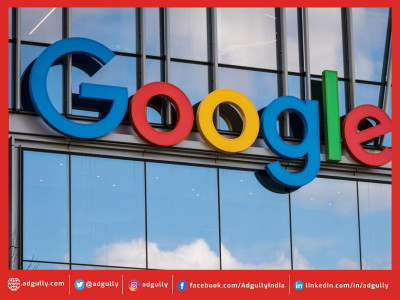

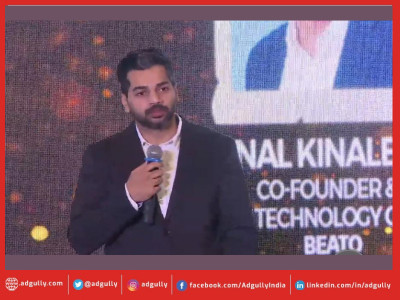


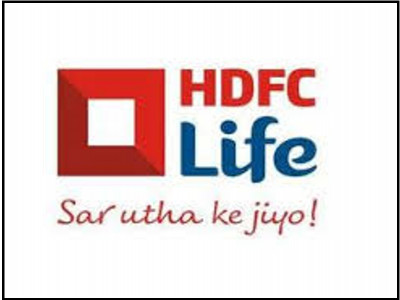

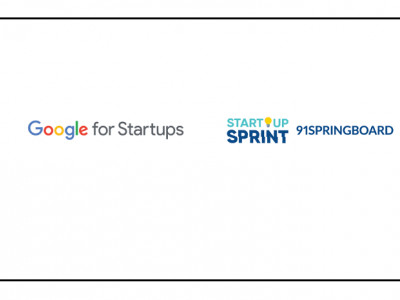
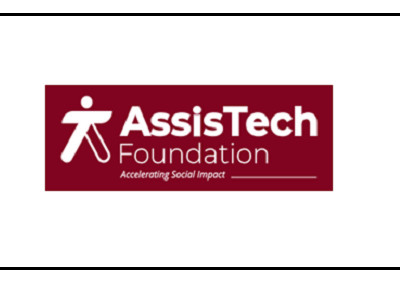



Share
Facebook
YouTube
Tweet
Twitter
LinkedIn